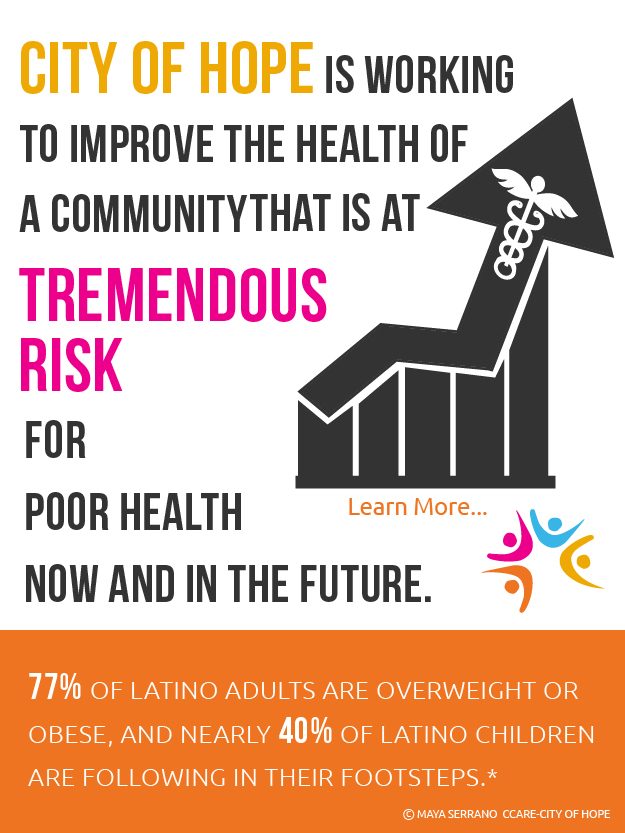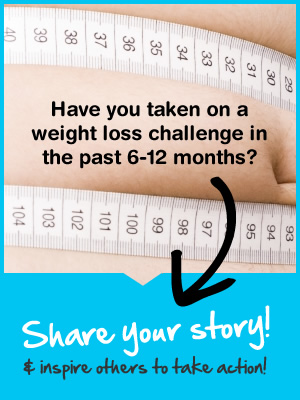
Is Food Addiction Really a Thing? Eating Disorder Experts Can't Agree on an Answer
01/26/2019 06:00AM | 6590 viewsBy Kasandra Brabaw
The term isn't easily defined—and some say it could actually be problematic.
When Lay’s potato chips challenged Americans with their slogan “betcha can’t eat just one!” in the 1960s, the company was making a pretty safe bet. Potato chips, like pizza, ice cream, and fries, make the list of the top 10 most “addictive” foods. We know that certain features of these foods, like being high in sugar and low in fiber—the kinds of foods that are designed to burn fast and taste really good—trigger your brain’s pleasure center and make it difficult to stop eating.
But when we say these foods are “addictive,” do we really mean it? Can you literally be addicted to food?
It’s a controversial question among researchers. “Food addiction is not universally recognized by medical professionals, but there are individual practitioners who believe, based on their view of current research, that it is a concept that has utility,” says Chevese Turner, chief policy and strategy officer for the National Eating Disorder Association (NEDA).
Unlike alcoholism or addiction to narcotics, you won’t find food addiction in the Diagnostic and Statistical Manual of Mental Disorders. Yet, you will find programs akin to Alcoholics Anonymous that treat food addiction. Despite the addiction not being universally recognized in the medical community, there are people out there trying to “fix” it.
Unlike alcohol or narcotic addiction, though, trying to get treatment for food addiction could be dangerous. Eating disorder experts worry that a treatment plan that asks supposed food addicts to abstain from certain foods could encourage disordered eating. And, to be honest, the “symptoms” of food addiction, according to Food Addicts Anonymous, are a little questionable. The website asks: "Have you tried different diets or weight loss programs, but none has worked permanently? Do you eat in private so no one will see you? Do you avoid social interactions because you feel you do not look good enough or do not have the proper fitting clothes?"
It's easy enough to imagine just about any plus-size person who lives in the United States answering yes to these questions. “People who have drafted themselves into the anti-fat-person army feel comfortable and justified in judging fat people’s food choices. Whether they are shaming us for eating something that they don’t think we should be eating, or congratulating us for eating something of which they approve, fat people can find ourselves dealing with all kinds of inappropriate interactions involving food,” fat activist, Ragen Chastain, wrote in her blog Dances With Fat.
We live in a culture that polices food intake and shames and bullies people of a certain size. Does that mean that every plus-size person is actually a food addict? Of course not.
Other symptoms listed by Food Addicts Anonymous sound more legitimate. "Have you found yourself vomiting, using laxatives, diuretics, or exercising a lot to avoid a weight gain after you have eaten a lot?," the website asks. This kind of symptom certainly points to disordered eating, if not food addiction.
Perhaps the closest recognized eating disorder to food addiction is binge eating disorder. But BED and food addiction are not the same thing. “Food addiction is defined as causing a preoccupation with foods that provide intense pleasure and dopamine increases like drugs, alcohol, shopping, gambling,” Turner says. “While people with BED may binge on highly palatable foods, bingeing is only one part of the behaviors associated with the disorder and, therefore, treatment is complex.”
Often, people who binge also engage in restrictive behaviors like over-exercising and fasting, Turner says. People who have BED also tend to have depression, anxiety, PTSD, or other mood disorders. While treatment for food addiction typically calls for avoiding white flour, sugar, and other so-called “addictive” foods, treatment for BED is more involved. BED treatment tries to address underlying issues, including traumatic experiences and mental health, as well as decrease the urge to binge and restrict food. “Body image and acceptance are a big part of BED recovery as well,” Turner says.
In treatment for food addiction, restriction not only typically goes unaddressed, it’s encouraged, Turner says. While eating disorder experts agree that some foods are engineered to be as tasty and addictive as possible (like those Lay’s potato chips), many worry that the concept of food addiction could be more harmful than helpful.
If you are struggling with an eating disorder and are in need of support, call the National Eating Disorders Association Helpline at 1-800-931-2237. For a 24-hour crisis line, text “NEDA” to 741741.











Post your Comment
Please login or sign up to comment
Comments